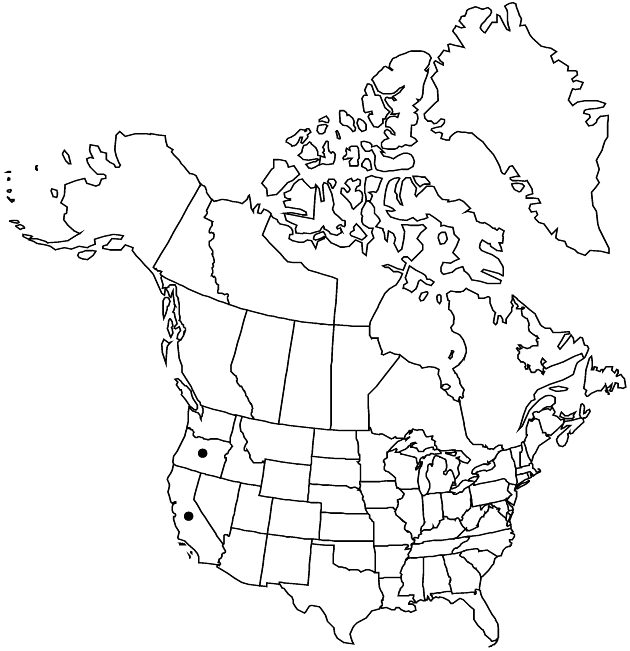Euchiton gymnocephalus
Folia Geobot. Phytotax. 9: 271. 1974.
Perennials or biennials, 5–40 cm; fibrous-rooted (rhizomatous); stolons usually present (leafy, rooting at nodes). Aerial stems simple or branched, thinly and persistently white-tomentose. Leaves: basal persistent in rosettes (blades oblanceolate to spatulate, 2–10 cm, bases narrowly cuneate, petioliform); cauline 2–4(–6), blades linear to oblanceolate, 1–2 cm × 1–2 mm (even-sized), bases subclasping, margins revolute, abaxial faces silvery, tomentose, adaxial faces green, glabrous (shiny). Bracts subtending heads 2–3, 6–10 mm, not surpassing heads, plus some shorter. Heads in hemispheric clusters 10–20 mm diam. (sometimes with axillary clusters). Involucres 4–4.5 mm. Phyllaries tawny or rosy-tinged (shiny), oblong, apices rounded to obtuse. Pistillate florets 40–60. Bisexual florets 3–5. Pappus bristles distinct.
Phenology: Flowering May–Oct.
Habitat: Grassy open places in wooded areas, roadsides
Elevation: 100–800 m
Distribution

Introduced; Calif., Oreg., Pacific Islands (New Zealand), Australia.
Discussion
Selected References
None.